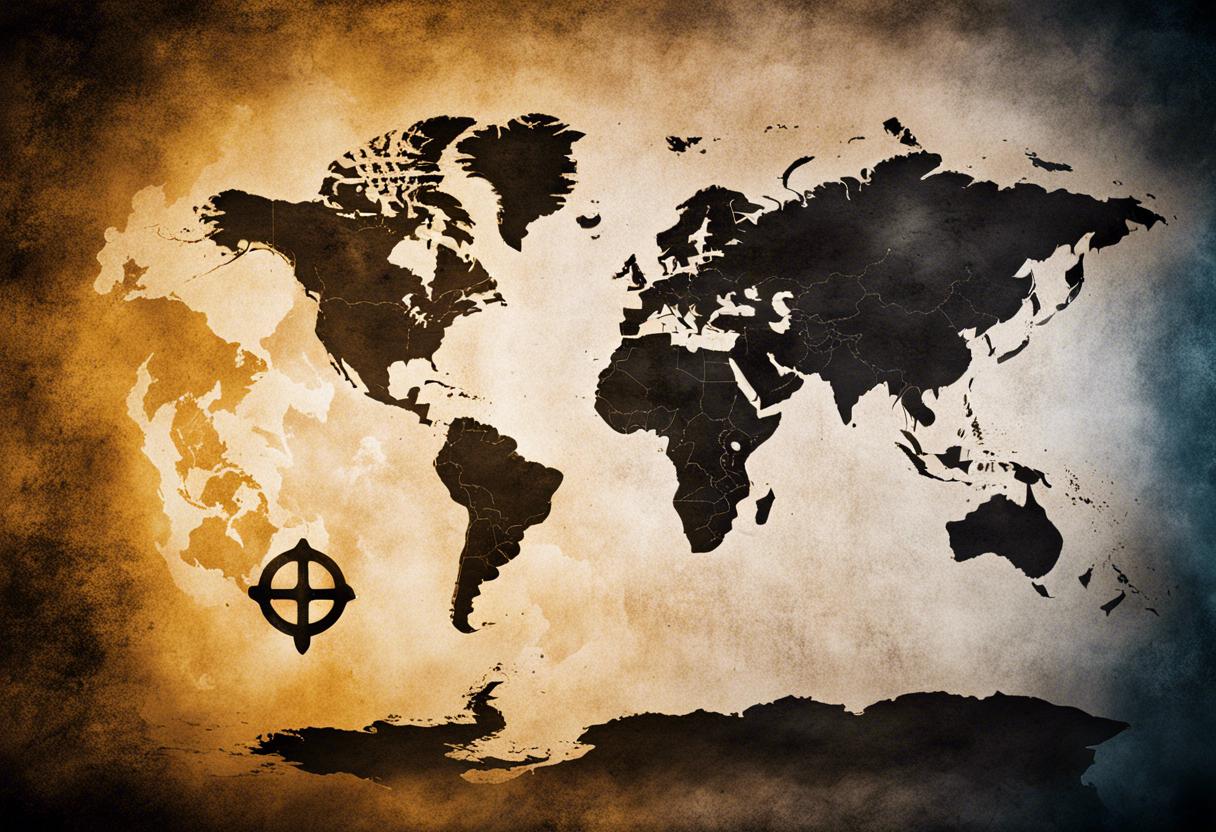German Prime Minister Olaf Scholz has called on Chinese premier Xi Jinping to take a more active stance in facilitating peace in Ukraine, greatly affected by Russia’s hostile actions – a situation that has implications for the heart of European concerns. Although the Chinese head of state acknowledged the risk of an escalating crisis, he suggested that peace negotiations could be on the horizon.
China, whilst not directly involved in Ukraine’s predicament, has consistently acted as a mediator for peace discussions and supports any efforts benefiting a peaceful end to the crisis. The country has shown support for the hosting of a globally recognised peace summit involving protagonists Ukraine and Russia with impartial dialogue and the equal inclusion of all parties.
The heads of state concluded their discussions at the end of Scholz’s three-day visit to China – his second official trip as Prime Minister. Despite maintaining an official position of neutrality in the ongoing conflict, China has provided diplomatic and financial aid to Russia. It is also well-documented that Xi has a tight political alliance with Russian president Vladimir Putin.
[In the first quarter of this year, Chinese economy grew by 5.3%, surpassing predictions]
On his return, Chancellor Scholz confirmed that following their discussions, Xi had showed willingness to endorse an international peace summit, set to be held in Switzerland later this year. Scholz expressed optimism in China’s influence over Moscow, as he implored President Xi to use this to negotiate with Putin to discard his futile aggression, retract his military, and put an end to the devastating war.
Despite steering clear of direct military contribution, China has been accused by Ukrainian allies of enabling Russia with exports like machinery, ostensibly for civilian application, but could also be utilised for war-related activities. Xi, while presenting his quartet of peace principles, subtly criticised western countries for ‘aggravating the flames’ by supplying weapons to Ukraine.
Xi expounded four principles: prioritising peace and stability over self-interest; calming the situation rather than exacerbating it; fostering conditions conducive to the restoration of peace instead of escalating tension; and minimising the negative implications on the global economy rather than threatening the world’s industrial and supply chain stability.
[The US and China are engaged in a form of industrial cold war]
Mr Scholz indicated Germany’s stand against protectionism and its support for free trade while highlighting the necessity of maintaining fair competition in trade. Currently, the European Union is probing if China is giving its companies an undue edge through subsidies for electric automobiles and green energy innovation. Yet, Mr Xi argued that global supply is bolstered and worldwide inflationary pressure is curbed by China’s electric vehicle, lithium batteries, and photovoltaic product exports. He further pointed out that China’s exports have significantly bolstered the global response to climate change and promoted a green, low-carbon shift.
Despite the simmering tension on Russia and Gaza during Scholz’s visit to Beijing, he reiterated that German firms are keen to increase their investment in China. However, he called for an improved operational environment. He explained that by this, he refers to the need for fair market access, competitive conditions, protection of intellectual property rights, and a reliable judicial system. He further stressed Germany’s commitment to contribute towards tangible advancements in the mentioned domains.

